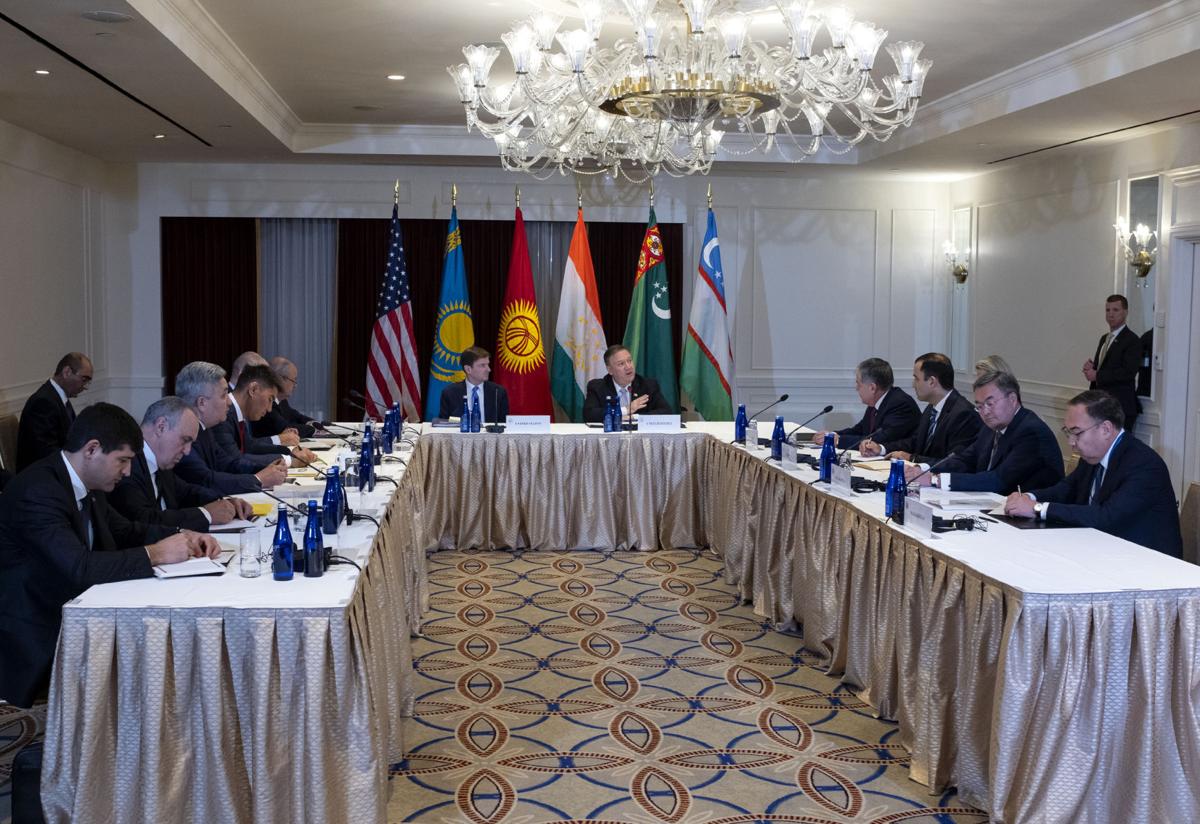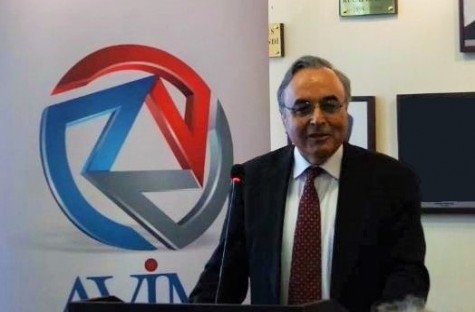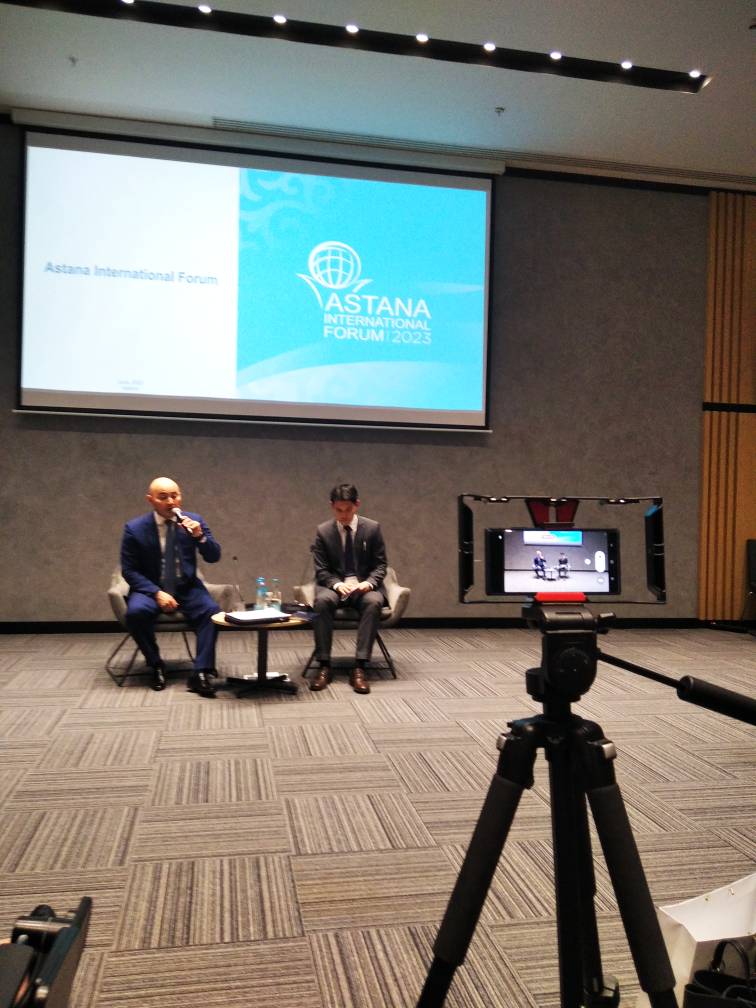The Chairman of the Committee on Foreign Affairs of the US House of Representatives has announced that a voting has been scheduled on March 4, 2010 for the draft resolution which foresees the recognition of the Armenian genocide allegations by the US. If the draft is adopted, it will be submitted to the House of Representatives for final vote on the date of which will be decided by the speaker of the House. It is most likely that the resolution will be adopted if the US Government does not interfere. The draft resolutions foreseeing the recognition of the Armenian genocide allegations within the American Congress has an extensive history. Without entering into details, we should note that a draft resolution relating to genocide allegations has been submitted to each of the legislative periods (House is renewed once every two years) approximately for the last ten years. These drafts have been prevented with the attempts of the US governments who have taken into consideration Turkey’s strong oppositions. However, this has not been easy at all and sometimes, the interventions of the US presidents have become necessary. It can be understood that the essential purpose of the voting to take place on March 4 is to warn Ankara to accelerate the Turkish Grand National Assembly’s ratification of the protocols signed with Armenia. As known, the Armenian Constitutional Court’s January 12, 2010 decision has stated on the one hand that the protocols are in conformity with the Armenian Constitution, while at the same time has actually altered some of its provisions with the interpretations they have brought forth. Therefore, the Sub-Commission on the Historical Dimension which were to examine the genocide allegations have been left without mission and on the other hand, the provision in the First Protocol relating to both sides confirming their recognition of the existing border between the two countries have taken on a new meaning with the interpretation of the Armenian Court that Armenia does not legally recognize the territorial integrity of Turkey. The Turkish Ministry of Foreign Affairs has instantly objected to the Court’s decision and has stated that this decision entails preconditions and limiting provisions which are contradictory to both the content and the spirit of the protocols. With the Armenian side continuing to assert the opposite, the Turkish Ministry of Foreign Affairs has started initiatives which seek to guarantee that the provisions of the protocols will not be amended. From the discussions relating to this matter, it can be seen that US State Department officials have adopted Armenian views which could be summarized as: since the Armenian Constitutional Court has found the protocols to be in conformity with their Constitution, then no obstacle exists for the ratification of the protocols by the Parliaments of both countries. Since Turkey has continued to maintain their position, scheduling a voting for the “genocide” draft resolution which has been pending in the Committee on Foreign Affairs of the US House of Representatives for a year has been brought to the agenda. The message tried to be conveyed is very clear: Unless Turkey ratifies and implements the protocols, this draft resolution will be adopted by the House of Representatives. Turkey has confirmed its objection towards the decision of the Armenian Constitutional Court at the very top levels (by the various statements of the Prime Minister and Minister of Foreign Affairs). Moreover, Turkey has stated that if the genocide draft is adopted, not only will Turkey-US relations deteriorate, but so will Turkey-Armenia relations. Therefore, if the genocide draft resolution is adopted by the House, it will not be possible for the protocols to be ratified by Turkey, and thus, to be implemented. Rejection of the protocols can even be possible. On the other hand, it has been persistently stated that the US wants to cooperate with Turkey relating to the problems of Iraq, Iran, and Afghanistan and in the missile defense project. If the draft resolution is adopted, it is possible that this cooperation will partly or entirely come to an end. In conclusion, the US’s desire to cooperate with Turkey in some areas and the establishment of normal relations between Turkey and Armenia is contradictory to the House of Representatives starting the process to adopt the draft resolution. This initiative is not to the advantage of the US, Armenia or in a lower degree, Turkey; the adoption of the draft resolution can actually delay the normalization of Turkey-Armenia relations for decades and will create new problems between Turkey and its great ally US for practically no reason. Moreover, it will also increase anti-Americanism which already exists in Turkey.
© 2009-2025 Center for Eurasian Studies (AVİM) All Rights Reserved
 CENTRAL ASIAN COUNTRIES SHOULD OPEN UP TO THE WORLD
CENTRAL ASIAN COUNTRIES SHOULD OPEN UP TO THE WORLD
 A CALL FROM NAMIBIA ON HIS HOLINESS, POPE FRANCIS
A CALL FROM NAMIBIA ON HIS HOLINESS, POPE FRANCIS
 KAZAKHSTAN'S ECONOMIC AND FOREIGN POLICIES: NOTES FROM ASTANA - I
KAZAKHSTAN'S ECONOMIC AND FOREIGN POLICIES: NOTES FROM ASTANA - I




























